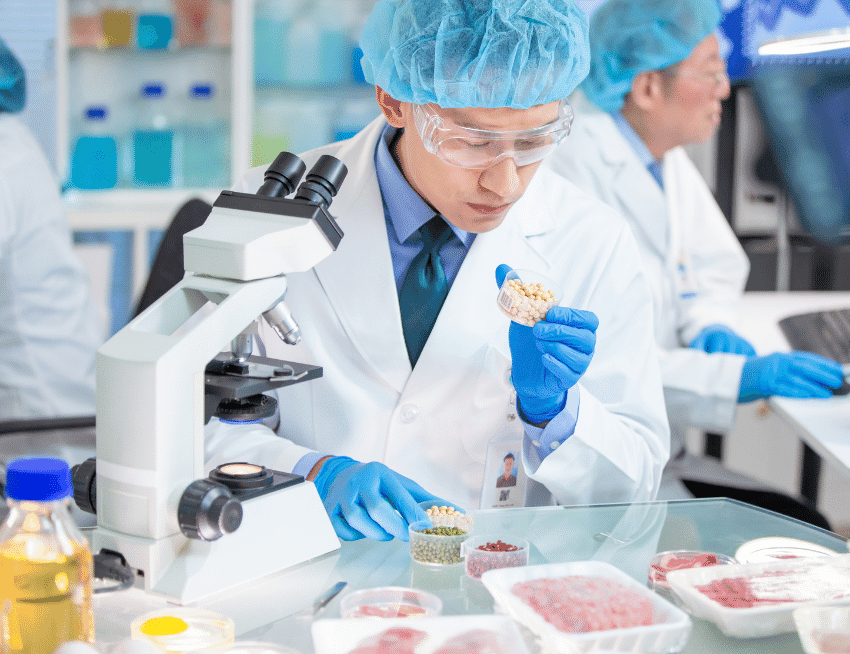Food safety is a fundamental element in all production processes involving food to ensure food quality and human health.
By complying with food safety standards, many food poisonings that affect health can be avoided.
In this article, we tell you what food safety is, what the regulations are, what the analyses are for and how to ensure the quality of food produced and processed in the food industry.
What is food safety?
Food safety is a very broad topic, ranging from growing fresh produce to processing food, cooking and serving customers. The food industry has to take great care to ensure that safety standards are met at every stage of the food supply chain.
In the broadest sense, the food industry encompasses all those involved in growing, processing, manufacturing or distributing food, from the farm to retail shops and restaurants.
In other words, food safety is responsible for ensuring the quality and safety of the food consumed at all stages of the food chain.
What are food safety standards?
Food safety standards are laws designed to protect consumers from the risk of illness and food poisoning caused by the consumption of unsafe food.
In general, these laws require safe handling procedures to be followed to prevent contamination during food processing and packaging. For example, by carrying out quality control of food after processing or ensuring that machinery is cleaned in accordance with food safety standards.
These are some of the key standards in the food industry:
- BRC IOP international standard for packaging and wrapping products.
- IFS (International Food Standard) is a safety system specifically designed for the food industry that certifies the safety and quality of processed food products and production processes.
- European Regulation 1169/2011 deals with labelling standards for foodstuffs. However, this regulation is intended to be improved by the end of this year 2022.
The importance of food safety
Manufacturers can ensure that their food products are safe for consumption by ensuring that their labels comply with new legislation on food allergens, which must be identified on food packaging labels. As well as ensuring compliance with food quality control.
The food industry has a broad view of the term food control, which includes a large number of factors such as:
- Safety: setting standards for the detection of physical contaminants, toxicological and microbiological hazards, and instituting procedures and practices to ensure compliance.
- Nutrition: maintaining nutrient levels in food ingredients and formulating foods with nutritional profiles that contribute to consumer interest by promoting healthy diets.
- Quality: providing pleasant sensory characteristics such as taste, flavour, palatability and appearance.
- Value: refers to useful characteristics, involving attributes such as convenience, packaging and shelf life.
Food analysis and quality control
Food analysis, quality control and testing consists of a systematic review of all procedures in the food chain to assess whether or not current regulations and quality standards are being applied.
At the heart of all food safety activities is the establishment of safety, quality and labelling standards.
Because of its necessarily intimate involvement with the science, technology, logistics and management disciplines necessary for the food supply system to function, the food industry must ensure the quality of the food it handles and processes. In this sense, food testing and analysis serves to ensure food quality standards, in order to guarantee efficiency and efficacy, which translates into a safe product supply.
Quality assurance encompasses the development, organisation and implementation of a range of activities aimed at maintaining and improving product safety and quality. It begins when the product is conceived and continues in the selection and purchase of raw materials and in processing, packaging, distribution and marketing.
In this sense, quality control is nowadays designed with special emphasis on the use of Hazard Analysis and Critical Control Point techniques, an approach that the food industry has voluntarily developed and adopted on a large scale over the last few years.
At INFINITIA Industrial Consulting we are concerned with quality control and food testing, as well as developing new flavours, products and textures. Contact our Forensic Engineering team and tell us about your case.





